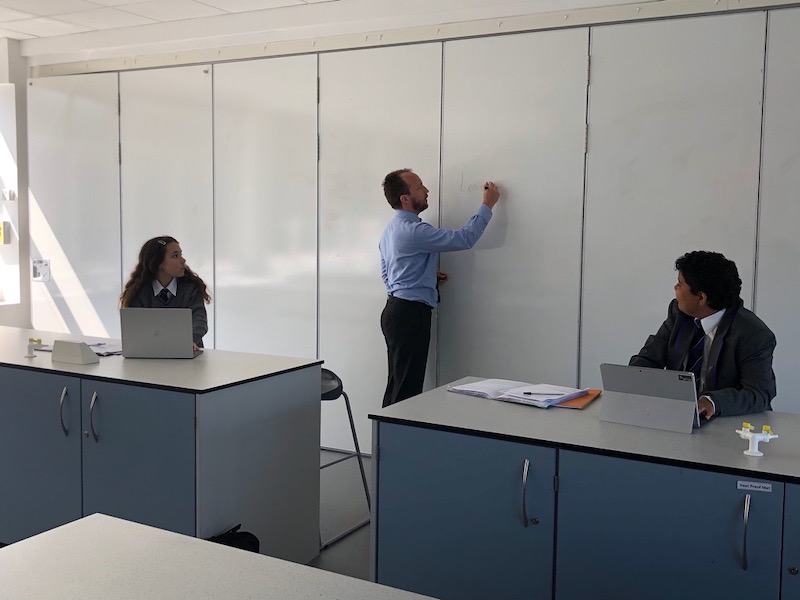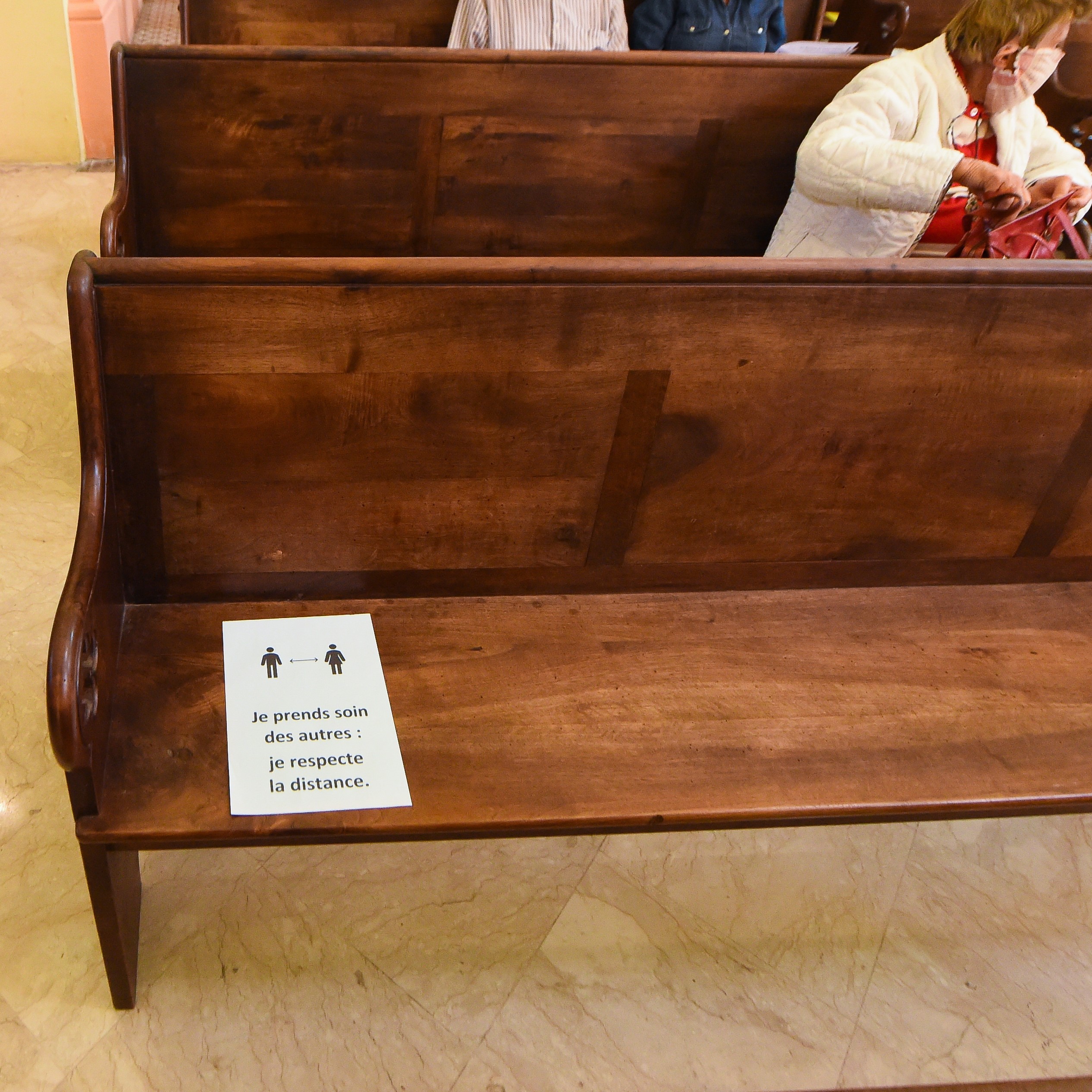When disease left Venice in 1630, the city built the church of Santa Maria della Salute in thanksgiving. After the plague of 1575, Il Redentore (the church of the Redeemer) had been built on the island of Giudecca there. In contrast, last Sunday morning, the cardinal in London promised to cover the churches in sticky tape.
Some parishes have tried to draw up email lists of the faithful, but when lockdown began others had not. Surely Covid-19 shows that many clergy do not know their people, and many Catholic people do not know each other.
There are churches where people go for the very reason that they will be left alone. Trauma is often a reason for people to come back into prayer, and traumatised people seldom want to be fussed. Not everyone welcomes organised hand-shaking or swift induction into house groups and orchestrated concern. Sometimes the Church itself has been the source of the trauma, only the individual does not want to lose God on account of it.
One of many features of the liturgy in the extraordinary rite, though at the moment we cannot attend it, is the latitude it gives the faithful. The rosary can be said, prayers can be said, the individual’s tempo can continue without having to fall into line. The sacrifice on the altar and singing by any choir can co-exist overlapping. Much of the meaning of the thing is shown through symbolism in any case, and not spelled out. It would make for a very bad lesson in a classroom. But then it is not a lesson in a classroom.
Is it not peculiar that so often, still, there is almost a choice to be made between reverence without community and community without devotion? You can sometimes find a Mass and come out without evidence of either; of course you can. Nothing original being said there, yet lockdown puts it into high relief. It has been a plague on both our houses.
There will be people who recognise that their friends and family have been in touch with them throughout this crisis and that their clergy have not been. Who was then their neighbour? Have we been praying for deliverance? The Holy Father apart, have there been prayers to our Lady salus populi? How is anyone to know? The cardinal in London spoke recently about feelings. Feelings are significant and this is not criticism of the cardinal, but he cannot have reached many folk who did not feel loss of communion already. Community will have been their closest experience of communion. Perhaps clergy saying their mass alone do feel the loss of their people. But is it just possible that there are clergy for whom not much has changed? Are there laity for whom Mass was already a remote experience before it went online?
In religious practice there can be a way of thinking ourselves righteous because we ‘know better’ or enjoy fine feelings and thoughts – a Gnosticism and spiritualisation. It travels well with a bureaucratic spirit, because that can also be a reassuring insulation from the uncontrollable facts of other lives. There can be a tendency to closet oneself with congenial and unchallenging folk. Every time we meet one of our friends among the laity or the clergy, we can console ourselves that we are being a church and not a clique.
When lockdown is lifted (and churches take up their places behind shops in the queue to resume business), the clergy and the laity will be able to choose which parts of this experience to continue and from which to refrain. There are many people to whose lives the closure of churches has made no difference, and that is why they do not come. We have the choice to put greater effort into credit unions, computer facilities for those who do not have them, support for their children’s learning, effective online networks, and social – distancing! – hubs. Or we can choose to have a churchy conversation about ways to alter church buildings and perceived balances of power in our dwindling number.
We could even reassert ourselves on both fronts. We can join our community, and can remember communion too. We can remember that there is a difference without choosing one over the other, and we can stop lamenting secularisation. The society is our community. There will remain people who need their religion to be a safe space and from whom nothing more should be asked, but we can still see secularisation as a customer dissatisfaction survey and improve (perhaps) the quality of our product. We may be preoccupied with our feelings and concerned for our civil rights. But attending to our duties may be the best way to insist on our rights.
Andrew Powney is a proofreader, editor and writer, currently based in Edinburgh, Scotland. You can follow him on Twitter here, and on LinkedIn here.



 Loading ...
Loading ...
What do you think?
You can post as a subscriber user ...
User comments (0)